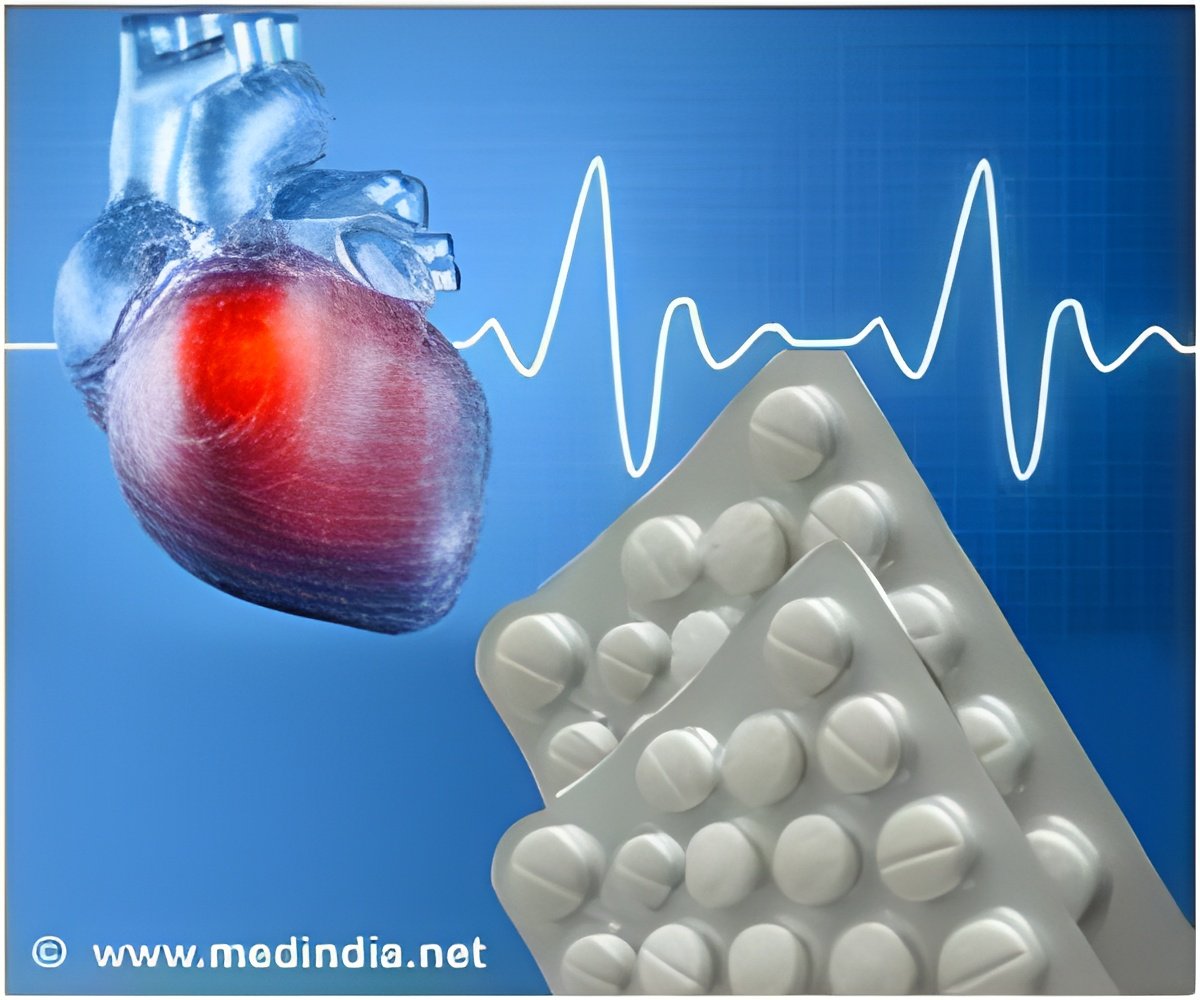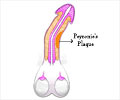
"Our new research shows statins actually promote the regression of atherosclerosis by altering the expression of a specific cell surface receptor within plaque cells," said co-author of the study, Edward Fisher, MD, PhD, Leon H. Charney Professor of Cardiovascular Medicine and director of the Marc and Ruti Bell Vascular Biology Program at NYU Langone Medical Center. "This molecular phenomenon helps dissolve plaque by expelling coronary artery disease-causing cells from the plaque lining the arteries."
The NYU Langone study reveals how statins promote the transformation of arterial plaques by activating a protein that sits on the surface of macrophages, immune cells that are prevalent in plaque. The immune system sends macrophages to clean up cholesterol deposits in arteries, but once they fill up with the bad form of cholesterol they get stuck in the arteries, triggering the body's inflammatory response. The bloated macrophages then become major components of plaque lining artery walls.
In the study, researchers show in mouse models that statins activate the cell surface protein receptor C-C chemokine receptor type 7 (CCR7), which in turn activates a cell-signaling pathway forcing macrophages out of plaque. In addition, the researchers show that macrophages only leave plaque when CCR7 is expressed. Therefore, regression of plaque is dependent on CCR7, the researchers concluded. The statins appeared to directly regulate and enhance CCR7 gene expression and induce macrophage cells to leave the plaque. CCR7 is a widely studied protein associated with the migration of immune cells and its expression is a marker of the presence of macrophages.
Statins are potent inhibitors of HMG-CoA reductase, the enzyme that plays a central role in the production of cholesterol. Statins have been shown to reduce the risk of cardiovascular disease and cardiac events like heart attack. Cholesterol is needed for all proper cellular function. High-density lipoprotein cholesterol (HDL-C), good cholesterol, helps reduce the risk of atherosclerosis by taking cholesterol away from cells. Low density lipoprotein (LDL-C), bad cholesterol, carries cholesterol to cells. However, an LDL overload in the body increases a person's risk of cardiovascular disease including atherosclerosis.
"Our experimental findings indicate that statins, in addition to lowering LDL cholesterol, have clinical benefits of accelerating plaque regression by a newly discovered mechanism," said co-author Michael Garabedian, PhD, Professor, Department of Microbiology and Urology at NYU Langone Medical Center. "It's possible that these drugs could possibly be more beneficial to a wider population of patients potentially reducing the overall lifetime burden of plaque and the prevention of atherosclerosis."
Advertisement
Source-Eurekalert










